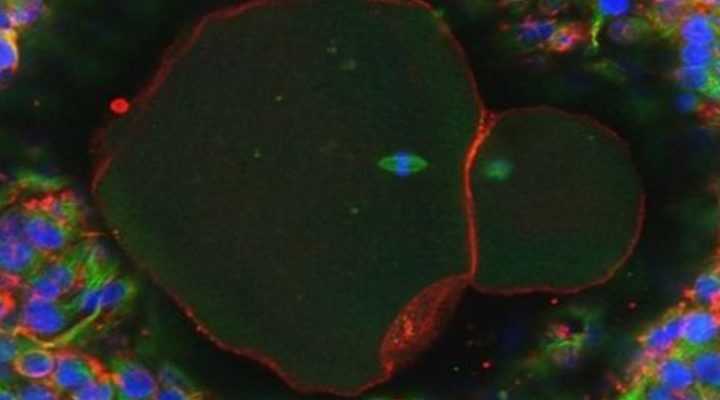Researchers at the University of Edinburgh are celebrating a major scientific breakthrough after gowing human eggs in a lab for the first time ever.
The team says that the development could help preserve the fertility of young girls at risk of premature fertility loss, such as those undergoing cancer treatments such as chemotherapy or radiotherapy.
Co-author of the study, Professor Evelyn Telfer, described it as “a big breakthrough in improving understanding of human egg development”.
The research, published in the journal Molecular Human Reproduction, consisted on removing ovary tissue as early as possible.
The next step consisted of growing it in the lab through controlling conditions such as the oxygen levels, and the hormones and proteins stimulating growth, until the egg was ready for fertilisation.
The process needs more work before it is ready to be used in clinics, as only nine out of the 48 eggs from the experiment reached full maturity.
The researchers also noted that the eggs develop faster than in the human body, which could suggest abnormal development.
Expert in reproduction and early development at the University of Leeds, Professor Helen Picton, told The Guardian: “This latest breakthrough is valuable.
“However, significant further research is now needed to confirm that these eggs are healthy and functioning as they should do.”
Keep up to date with City News on air, online and on TV. For all the latest information follow us on Twitter at @citylondonnews and Facebook at facebook.com/CityNewsLDN

